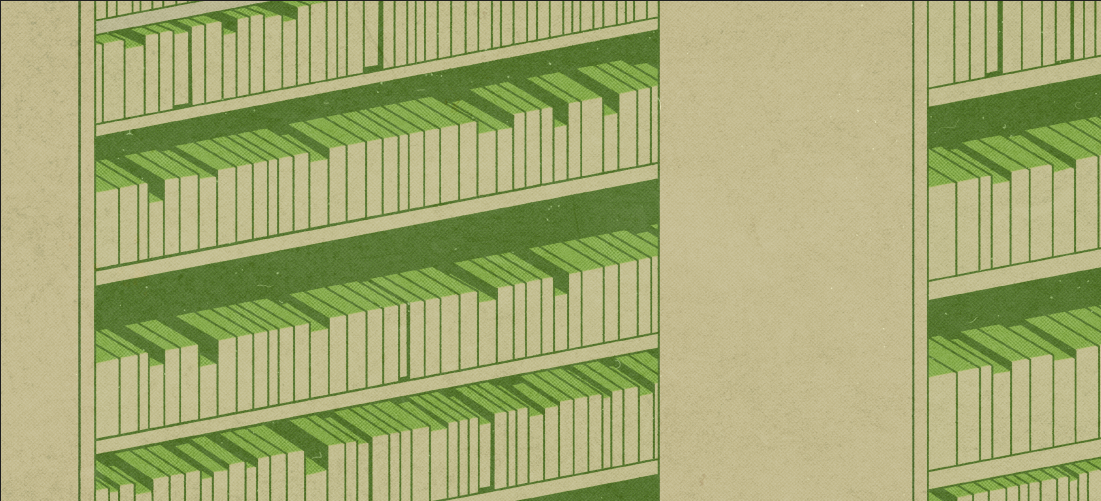
Starting in the winter of 2023, the University of Saskatchewan will be offering a Holocaust studies course for the first time.
The course, HIST 145, will examine the evolution of modern antisemitism, Nazi campaigns against targeted populations and the rise of fascism in Europe during the twentieth century.
Alessio Ponzio, an assistant professor in the department of history, is developing the course and will be the instructor. Ponzio says that many students in his other courses have already expressed an interest in learning about the Holocaust.
“I have devoted lectures and discussions to Nazi anti-Jewish policies, the Holocaust and the post-war Jewish diaspora whenever possible,” Ponzio said. “These topics have definitely attracted the attention of students who want to understand why and how the Holocaust happened.”
To support the new course, Ponzio received a teaching grant offered by the Holocaust Education Foundation of Northwestern University. It will be used to purchase publications and film resources, including increased access to Kanopy, an on-demand streaming service that currently hosts 56 films about the Holocaust.
David Smith, the subject librarian for history at the U of S, will also facilitate the creation of a research guide aimed at connecting students and faculty to the full range of the library’s collections.
“More books, more movies, increased access to journals focusing on the Holocaust and the upcoming library research guide will all be essential instruments that I am sure will favour the education of many members of our university community,” Ponzio said.
The teaching grant will also be used to organize a lecture by a distinguished scholar in Holocaust studies for the first offering of the course. Ponzio says he would like to invite Dorris Bergen, a U of S alum and world-leading scholar in Holocaust studies at the University of Toronto.
“Professor Bergen can be a source of inspiration for many of our students and I am sure that she can stimulate students’ interest in studying the Holocaust,” Ponzio said.
Last year, Ponzio participated in the Silberman Faculty Seminar. The event, hosted by United States Holocaust Memorial Museum, is a series of lectures delivered by established scholars designed to help those who are planning to teach Holocaust-related courses. Ponzio says that the seminar provided him with teaching resources and useful pedagogical tools for his new course.
While HIST 145 is the first of its kind at the university, Ponzio also intends to develop an upper-year course focused on the Holocaust in relation to gender and sexuality, along with a study abroad program that would allow students to visit concentration camps and Holocaust memorials in Europe.
Ponzio says that teaching and learning about the Holocaust remains important given how many people are becoming disrespectful and starting to oversimplify history, especially with the recent use of Nazi imagery by anti-vaccine protesters.
“Comparing a yellow star to a vaccine passport is evidence of ignorance and insensitivity… Education about the Holocaust enables people to stop and think, avoid simplified analogies and respect the history of millions of people killed by Nazis and collaborators.”
By the end of the course, Ponzio hopes that his students will be able to identify false claims and evaluate various interpretations of the Holocaust.
“Students know something about the Holocaust, but this topic deserves to be known and analyzed.”
Jakob Philipchuk | Staff Writer
Graphic: Jaymie Stachyruk | Graphics Editor
Leave a Reply